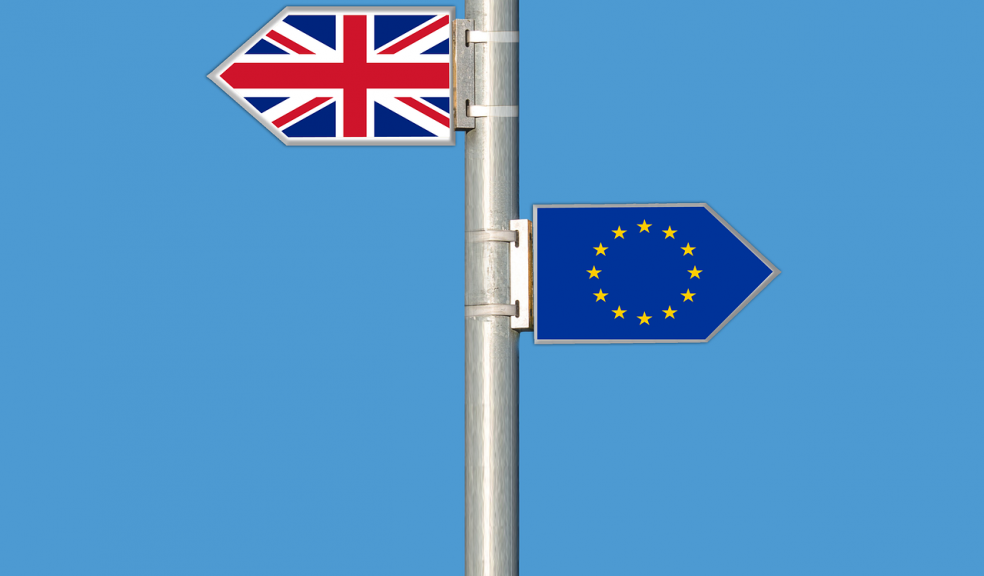
Will Brexit affect your business?
Back on the 23rdJune 2016, the UK public took to polling booths to decide the country’s fate. To stay or not to stay within the EU? After much anticipation, the result was announced, and it was a near even split between those who voted ‘remain’ and those who voted ‘leave’. But with 51.9% of the votes, the UK was set to leave the European Union.
Now, we are in a time of great uncertainty. Will the UK leave the EU with a deal? Will we be faced with a no-deal scenario? Will there be a second referendum? Will there be an extension to that deadline of 29thMarch that is looming ever closer?
Right now, we don’t know for certain what’s going to happen. But this uncertainty is worrying business owners, who feel unable to plan for what the future holds. So here we explore how Brexit may affect your business.
Employees
Any business operating within the UK that employs EU citizens may have to revisit their staff’s right to work and live in the country. The same applies to businesses operating in the EU that employ UK citizens, who may also have restricted rights. In the worst-case scenario of a no-deal Brexit, those on either side of this may lose their rights overnight. Recent statistics show that in at least 18 industries EU workers make up more than 20% of the work force, so this could have a huge impact on businesses resourcing.
Imports and Exports
Brexit may have an impact on the import and export of goods. The UK was a founding member of the ETFA (European Free Trade Association) and as such, has had access to the single market. This is an association of countries that can trade freely without tariffs or restrictions, allowing the free movement of goods, services and money. Brexit may mean that the UK is excluded from the single market.
This means that companies may have to amend the way they operate, especially if they are based in the UK but distribute or purchase products and services outside of the UK. This may give companies the opportunity to work more effectively by streamlining their operations in line with the potential changes. For example, companies in the energy industry may wish to seek the help of flow control suppliers such as Weir Engineering, who have expertise in sectors, such as nuclear and hydro power amongst others, to overcome Brexit challenges and remain competitive.
Whether your customer base is within the UK or you ship worldwide, Brexit is still likely to affect your business. You may source goods that are manufactured outside of the UK, which are likely to cost more after Brexit due to customduties. There may also be transport and logistical issues at the border, leading to long delays in receiving goods.
This might be good news for companies based in the UK who manufacture internally and supply within the UK, as they are likely to find an increase in demand due to possible problems surrounding movement of goods from the EU.
We cannot say for certain what Brexit will mean to businesses. The best thing you can do is make a contingency plan for each of the various outcomes we could face in the upcoming months.



















